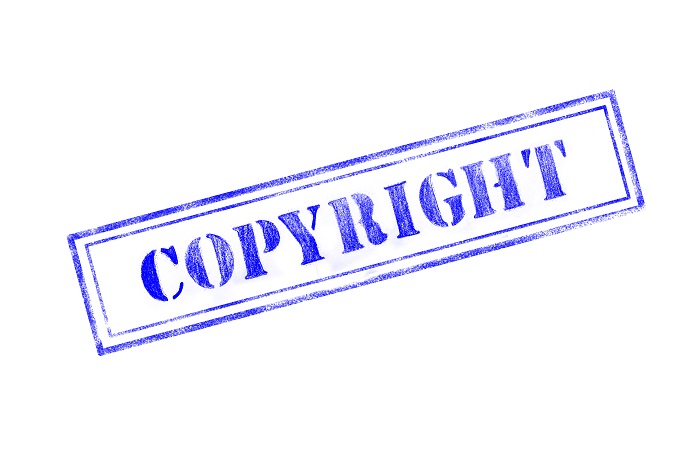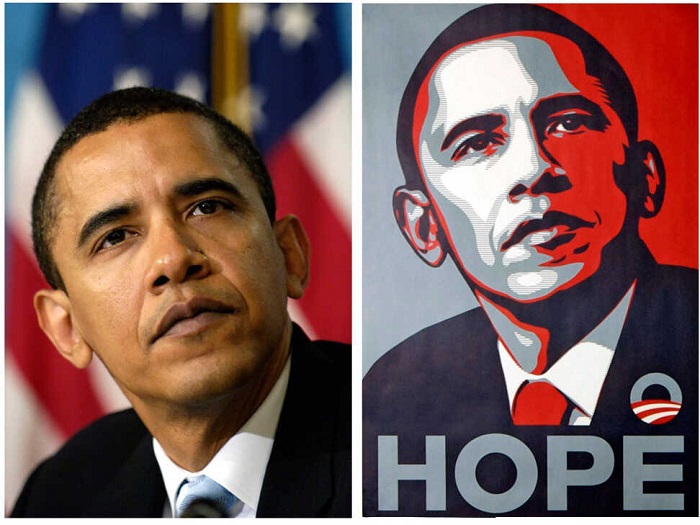In the UK, original works that are often artistic must be made by their original creator to come under automatic protection under the “Copyright, Designs and Patents Act 1988” (CDAPA 1988). Copyright protection in the UK includes;
- Literary works
- Music
- Theatre Works
- Art
- Production works such as sound recordings, films and broadcasts
- Typography such as fonts used on the Coca-Cola brand

What is Protected by Copyright in the UK?
When mentioning artwork, people could argue that it has a broad definition; however, its interpretation in the context of Cross-Border & International Law, particularly for copyright purposes, is crucial. For the sake of narrowing the scope of artwork in the UK, it was defined in the “Copyright, Designs and Patents Act 1988” (CDAPA 1988), in a way that allows a much clearer understanding of what may be considered art in the UK such as:
- A graphic design, a photograph, a sculpture or a collage
- An Architectural model of a building or a structure
- Artistic craftsmanship, which is essentially anything handmade in a skillful way like a sword made forged by a blacksmith or a ceramic bowl made by a potter.
What Will be Included in Copyright Protection in the UK?
Ownership of the copyright of artwork is usually the original artists this however might not always be the case if the art was commissioned or the ownership of the copyright was sold, the owner of the copyright has exclusive rights which subsequently allows them to:
- Make copies of the artwork much like a filmmaker’s movie can be seen in more than one cinema, Blu-ray or streaming platform.
- Issue Copies of the artwork to the public such as an illustrator’s comic book being sold in comic book stores, online platforms and eBooks.
- Loan the artwork to the public in the same way a person may loan their art to a gallery, museum, public building.
- Show the artwork in public similar to a photographer showing pictures they have taken on public platforms such as Instagram, or holding a private gallery to showcase their work.

How Do You Determine Copyright Ownership in the UK?
The copyright ownership of an artwork is automatically given to the creator of the work, this is often the case however there are also exceptions to this rule in such cases as:
- Created for an employer- this includes freelancers under a contract of service due to a clause in their contract
- Commissioned work- when commissioned to create artwork for others court may recognize this as an implied license as long as it is used as originally intended when commissioned.
- Joint creators- When two or more create artwork then this may result in Joint ownership of the artwork which is split equally between the Joint owners.
How to Register According to Copyright Protection in the UK?
Although according to the “Copyright, Designs and Patents Act 1988” (CDAPA 1988) artworks are automatically protected by copyright, it is still necessary to protect your rights and interests and this can be done rather easily in 3-4 steps as below:
- Mark your work- while you do not technically need to do so it is usually in your best interest to leave a correctly worded notice to deter infringement, this is because displaying a notice shows you know your rights and any unauthorized copies of your work are handled seriously. In digital age, where information travels across the globe rapidly, copyright infringement in social media platforms has become prevalent.
- Register your work- If your work is copied and your claim to copyrights is disputed you may need evidence to help prove your ownership registering your work is valuable evidence that can be provided to the courts.
- Keep or register your artwork to support evidence- you should always keep early evidence of your ideas this can be for example a sketch, you should also leave other smaller details in your artwork that would help identify you, such as a deliberate mistake.
- An agreement between co-authors- If you created your artwork with someone be sure you know who owns what rights and what happens if someone surrenders their share of ownership of the copyright to another person.
Associated Press v. Fairey
During the 2008 presidential election an acclaimed street artist, Shephard Fairey created the “hope” poster. This design became a pivotal symbol for the Obama campaign, although it was not been commissioned by the Obama campaign it still had their approval.

In January 2209, it was alleged by the Associated Press, that the poster infringed on the copyright of the photograph commissioned, shot by AP freelancer Mannie Garcia and demanded compensation from Fairey’s work.
Outcome
In January 2011, both the artist and the AP press arrived at a private settlement in which they agreed to split the profits for the work.
Significance
Although the case did not make it to court and had no actual court case nor verdict, this case highlighted the importance of work in these copyright battles. Without Fairey’s poster, it is not likely that the photo taken by Garcia would have reached its level of fame. The crux of the problem is that Fairey received no license to use the photo nor did he credit its original creator.
Conclusion
Copyright protects your work and stops others from using it without your permission.
You will get copyright protection in the UK automatically – you don’t have to apply or pay a fee. There isn’t a register of copyright works!
You automatically get copyright protection in the UK when you create:
- original literary, dramatic, musical and artistic work, including illustration and photography
- original non-literary written work, such as software, web content and databases
- sound and music recordings
- film and television recordings
- broadcasts
- the layout of published editions of written, dramatic and musical works
You can mark your work with the copyright symbol, your name and the year of creation. Whether you mark the work or not doesn’t affect the level of protection you have.
LegaMart is a global legal platform designed to connect individuals, startups, and businesses with qualified lawyers across jurisdictions. With a mission to simplify cross-border legal services, LegaMart provides users with access to a diverse network of vetted legal professionals who specialize in areas such as international law, corporate law, immigration, dispute resolution, and more.
By leveraging technology and user-friendly tools, LegaMart allows clients to search for lawyers by country, language, or legal expertise, submit their legal queries, and receive tailored legal solutions in a streamlined, efficient manner. The platform serves as a bridge between legal professionals and clients who need multilingual, multi-jurisdictional support — especially in today’s increasingly globalized legal landscape.
Whether you’re an entrepreneur launching a business abroad, an individual dealing with immigration paperwork, or a company navigating cross-border compliance, LegaMart aims to make legal help more accessible, transparent, and collaborative.




